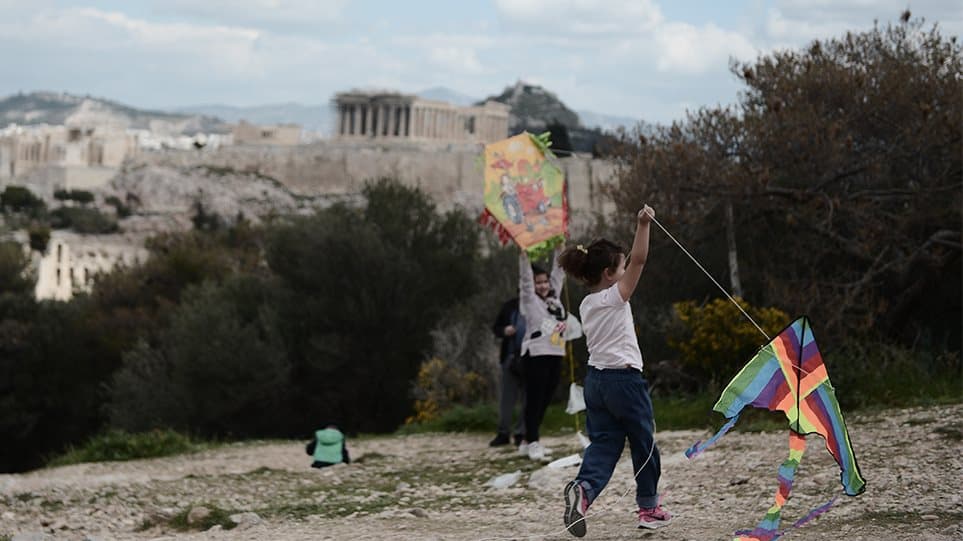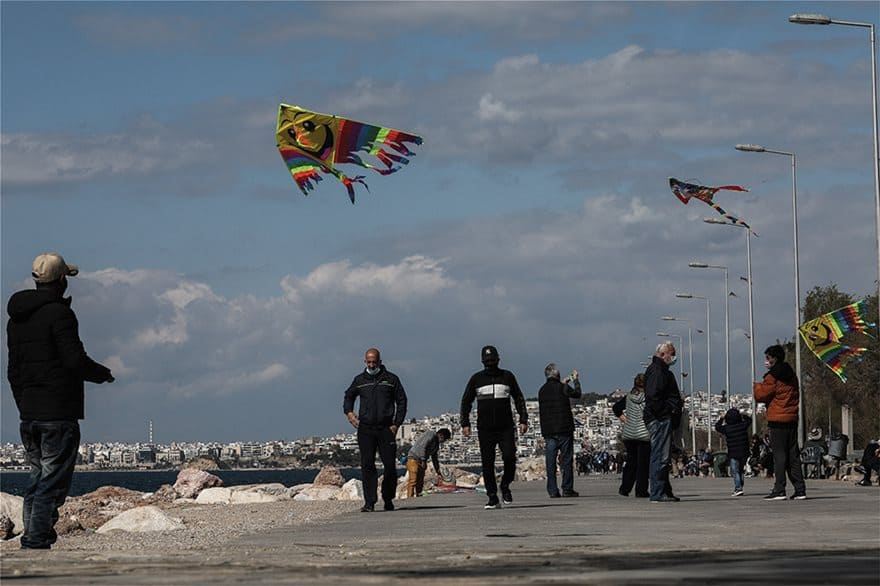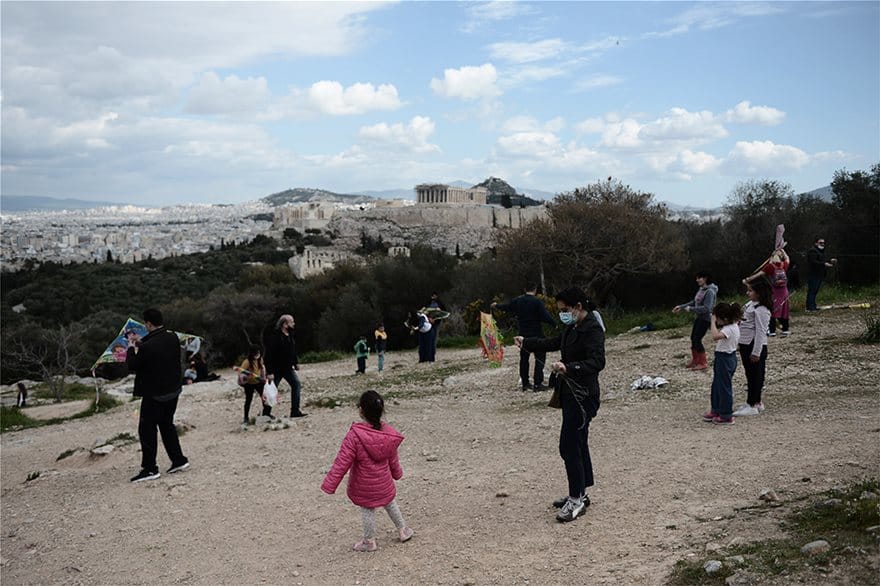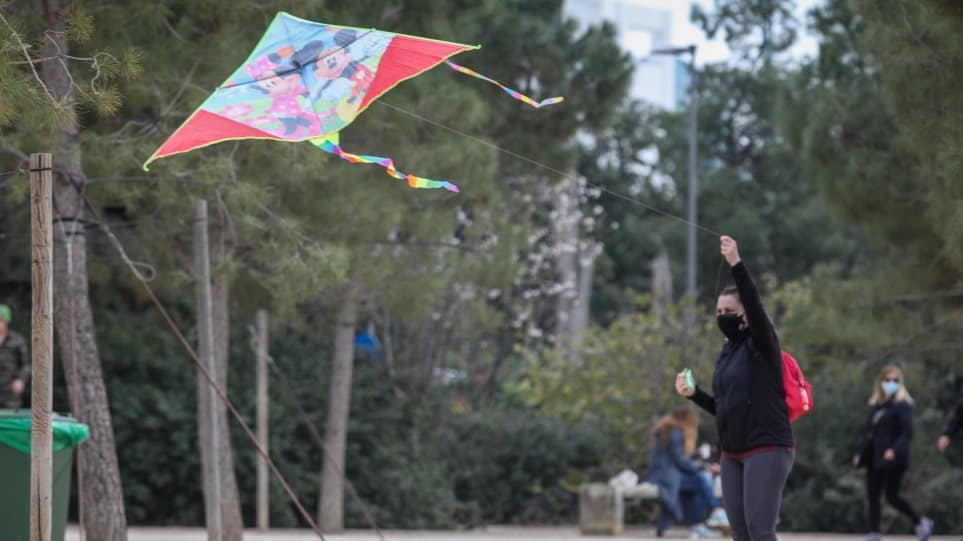
Beautifully bright and colourful kites are set to fly across Greek skies today 7 March on Ash Monday known as ’Kathara Deftera’ (‘Clean’ Monday) which marks the start of Orthodox Lent.


The custom of flying kites on Clean Monday is directly linked to the spiritual state of mind of Orthodox Christians.
The first kites that were spotted in Greece in the post-modern era came from the eastern areas and more specifically the Eptanisa, Chios, Samos, until they eventually made their way to the city of Patra and became common all around the country.

“Clean” Monday (Greek: Καθαρά Δευτέρα), also known as Pure Monday, Ash Monday, Monday of Lent or Green Monday, is the first day of the Eastern Orthodox Christian and Eastern Catholic Great Lent. It is a movable feast that occurs at the beginning of the seventh week before Orthodox Easter Sunday.
A common term for this day, Clean Monday, refers to the leaving behind of sinful attitudes and non-fasting foods. It is sometimes called Ash Monday, by analogy with Ash Wednesday (the day when the Western Churches begin Lent).
Liturgically, Clean Monday – and thus Lent itself – begins on the preceding Sunday night at a special service called Forgiveness Vespers, which culminates with the Ceremony of Mutual Forgiveness, at which all present will bow down before one another and ask for forgiveness. In this way, the faithful begin Lent with a clean conscience, with forgiveness, and with renewed Christian love. The entire first week of Lent is often referred to as Clean Week, and it is customary to go to confession during this week and to clean the house thoroughly.
Today also brings preceding Apokries (Carnival) celebrations to an end, inviting everyone to leave behind the ‘sinful’ attitudes associated with Carnival festivities and non-fasting foods, which were largely consumed during the last three weeks of the Carnival.
It is a national holiday across Greece today and special events and activities would take place in all towns and villages.
There is usually music, dancing and delicious vegetarian food, marking the start of this special Greek Orthodox period of fasting and contemplation. Unfortunately due to the covid-19 pandemic and lockdown, this is not allowed to happen this year.
Saracosti, which is the great period of Lent before the Orthodox Easter takes its name from Tessaracoste, which comes from the word forty, which is the forty day period until Palm Sunday and then one more week until Easter day makes a total of 49 days of “fasting”. During this period we fast so that our bodies and spirits are “cleansed” to prepare for accepting the Resurrection.

